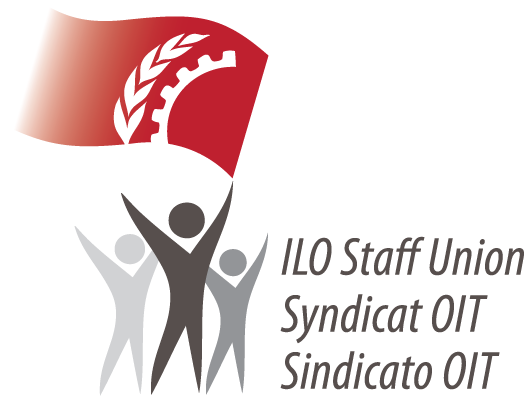Active Parntership – a constructive ILO approach / Björn Grünwald
Category : Centenary - Testimonials
Democracy has a tendency to become its own enemy. Oh, it looks very good on the drawing board, but remains a dubious proposition to manage in real life. Difficult enough when applied locally, attempting it nationally brings out many imperfections and imbalances. And internationally – well, welcome to the UN!
The ILO was conceived as a reaction and also an alternative to the violence that increasingly spilled over from military use into civilian society during the Great War. So much so that this became a first priority when discussions commenced after the Armistice, to provide instruments to handle conflicts, as an alternative to violence. An alternative to the Russian Revolution, as it were.
Only that the ILO was not invited to apply its principles in that part of the world, even though the Soviet Union eventually did become a member, finding the ILO a useful venue for its general political ambitions. So, eventually, ILO became one major theater of the Cold War.
Only after 70 years, with the collapse of communism, was there an opportunity for a constructive alternative. ILO reacted very rapidly, and already in early 1992 proposed an Active Partnership approach, offering advice and assistance to the countries which embarked on the very complicated process of transition from failed planned economies and totalitarian regimes, to democracy and market economy.
To handle this, a Multidisciplinary Team was organized and seven senior experts recruited to act as emissaries to, to begin with, sixteen of these nations. The very first projects – for Russia, Bulgaria and Ukraine – were launched already during 1992, as the Team was being brought together. It was decided to locate the Team to Budapest, where it opened for business in January 1993. This was a major feat, getting something up and running within a two-year regular budget period – easy maybe in a company but indeed not in a slow-moving international organization of the UN family. Unfortunately, this meant that there could not be any major funds allocated for our first year, just enough to cover office costs, salaries and some travel expenses, but even this was indeed a great achievement.
Yet, we were in business and set our sights for the following biennium. Except that the very success of this initiative made the ILO member nations take notice, and demand their own MDT’s. Which meant that we had to share what funds could be set aside with nine other such Teams worldwide, which left us almost as poor as before. And on top of this, in 1994 the US Congress could not agree on their federal budget, which also prevented them from paying their 25% share of all UN operations, which in turn effectively blocked any hope for expanding the operations of our MDT. Stalemate.
So, seven experts attempting to cover sixteen Central and Eastern European nations in transition, plus backstopping support to a further eight in Eastern Europe and Central Asia, with almost no funds available for major projects? After three years of such homeopathic efforts, if even that, we were totally exhausted, and almost ready to give up. Then it was time for an ILO regional Conference for Europe, late 1995, which was held in Warsaw.
Our Team, the Central and Eastern European Multidisciplinary Team or CEET, was invited. We went, convinced that we would be massively criticized for poor delivery both by the 26 countries we were assigned to support, and by the 24 other European countries. To our utter surprise and dismay, we were instead unanimously praised by all three constituents of all our 26 nations, and generally applauded by the remaining 24!
How was this possible? Well, we were seen as the only major international agency that was seriously attempting to meet our constituents in their countries, working together and prepared to listen to them and their arguments, rather than just going there to tell them what to do. In the evaluation of the Active Partnership Policy that the ILO Governing Body undertook after five years, this was convincingly expressed by the vice Prime Minister of Ukraine who stated that each ILO dollar to them was worth more than ten World Bank dollars precisely because the CEET really paid attention to their priorities, and listened to them.
So, happy end? Well, not quite – even though much was indeed achieved during these first few years of the ILO pioneering dialogue with half a continent that had experienced the very fabric of their societies come apart at the seams.
Many mistakes were made, by the ILO and other actors, but much was indeed also achieved in the first few years when everything was possible, because there was then no established rule of what to do, and how to do it.
Or in the words of the first Polish minister of industry ‘it’s just a matter of re-creating the beautiful aquarium from what’s left of the fish soup the communists made of it when they took over!’
 The Section of Former Officials of the ILO
The Section of Former Officials of the ILO